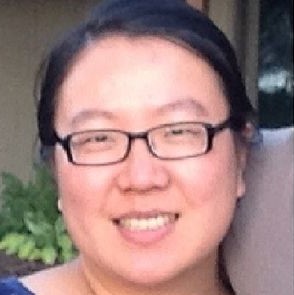
Mary Li Ma
View From the Wall
A Field Study of “The Church of Almighty God” Cult
The authors did a field study of The Church of Almighty God over several years. In their report they include excerpts from the writings of the “female Christ” found in The Scroll That the Lamb Opened. There are also quotes from several individuals they interviewed who had dealt directly with the cult. They conclude with comments regarding churches adopting either an “open or closed” policy.
公然的信仰:中國城市基督徒與公民制度參與
Faith Going Public: Urban Christians and Civic Participation in China
作者回顾了家庭教会的起源和历史, 也探讨现时城市家庭教会的情况, 这包含了公民的参与和基督教的刊物
View From the Wall
Faith Going Public
Urban Christians and Civic Participation in China
The authors review the origins and history of the house church movement then go on to discuss the current urban house church situation including civic engagement and Christian publications.
Supporting Article
Educational Inequality for Migrant Children Perpetuates Poverty
Even after thirty years of economic reform, the majority of rural migrants in China's cities are still kept out of the formal labor market and professional tracks. Most of them pick up jobs in the informal sector. Such social inequality is likely to be perpetuated given the fact that their second generation is not provided with quality education. In China, education, often considered a way of changing one's life trajectory, now only reproduces social status and reinforces class boundaries.
